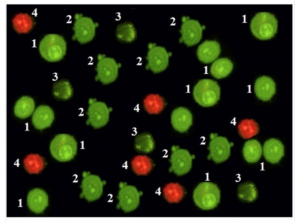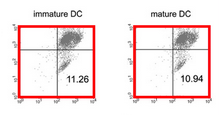Frontiers has issued a retraction and multiple corrections for papers in several of its journals after the publisher discovered a reviewer had been impersonated.
Alla El-Din Bekhit is listed as the editor of the retracted article, a study of the potential anti-cancer effects of asparagus extract published in Frontiers in Pharmacology in May 2023. According to the retraction notice, dated January 26, the article contained duplicated images and “concerns were raised regarding scientific validity of the article.” The notice continues:
Continue reading Food scientist impersonated as an editor and reviewer in Frontiers articlesFurther, the investigation confirmed that a non-genuine email address was used to impersonate Alaa El-Din Bekhit and the real Alaa El-Din Bekhit did not take any actions on this manuscript.







